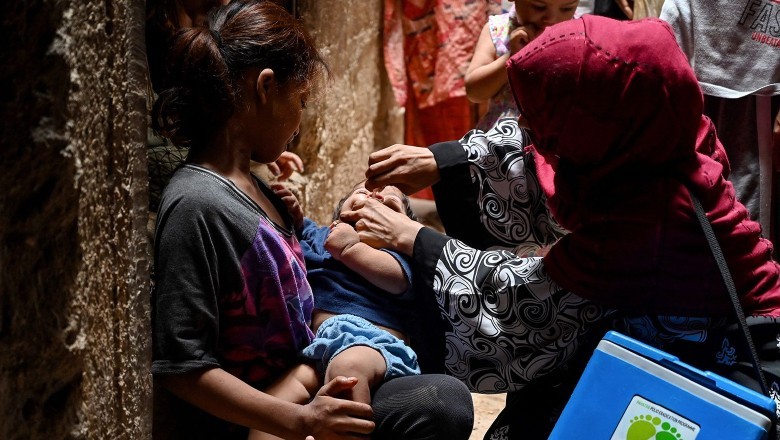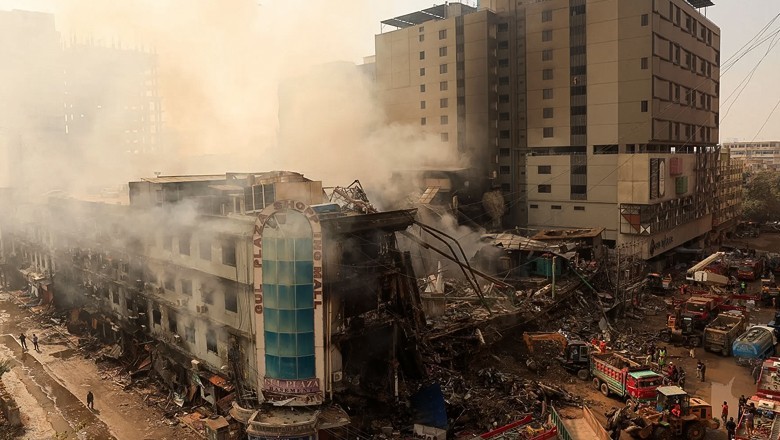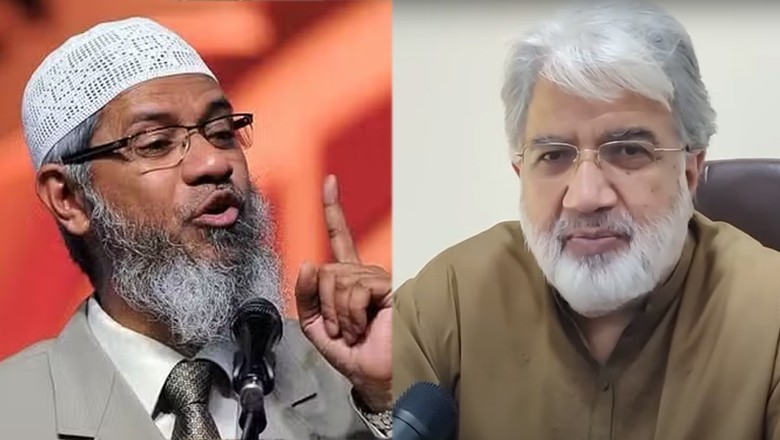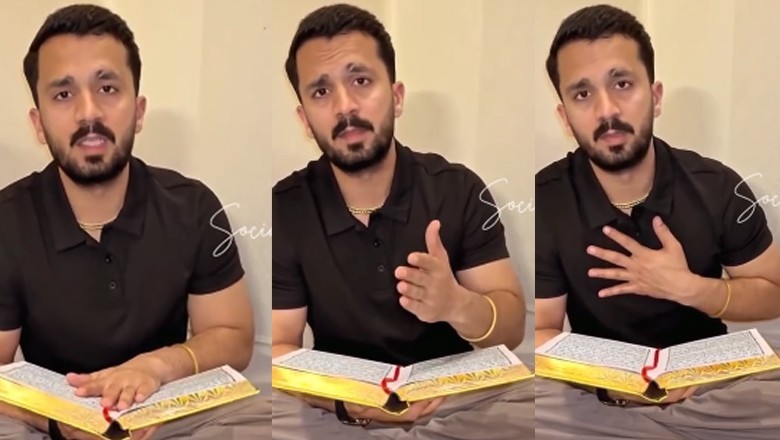Pakistan's polio tally rises to 46 as thousands of parents refuse vaccination: report

Web Desk
|
5 Nov 2024
Despite intensified government efforts and widespread polio vaccination campaigns, Pakistan's polio crisis continues, with parents still refusing to vaccinate their children while the virus spreads in environments that are breeding grounds for the disease.
So far, Pakistan has recorded 46 polio cases in 2024, with Balochistan bearing the highest number at 23 cases, followed by Sindh with 12, Khyber Pakhtunkhwa with nine, and one case each in Punjab and Islamabad.
The latest case, the second from Balochistan’s Qila Saifullah district, adds to others reported from Chaman, Pishin, and Quetta.
The US Centers for Disease Control and Prevention (CDC) report, titled “Progress Toward Poliomyelitis Eradication - Pakistan, January 2023–June 2024,” highlighted that during the June 2024 subnational immunization day (SNID) campaigns, the vaccination drive faced 51,199 refusals, resulting in 599,105 children (3.3% of the target population) missing their polio doses.
Social barriers to polio rradication
Polio eradication activists told the BBC Urdu that in many regions, parents actively hide their children from vaccination teams.
Authorities in Balochistan revealed over 500 cases where polio workers were asked by parents to mark children’s hands as if vaccinated, without administering the drops.
An anonymous female activist shared that families often hide boys more than girls from vaccination teams.
Environmental conditions fueling polio spread
The polio virus is prevalent in the environment, particularly in areas with inadequate sewage systems, where waste flows into streets where children play, increasing the risk of infection.
In Pakistani society, where boys are often more visible playing outdoors, they face higher exposure to the virus.
A CDC report highlighted that as of June 30, 2024, “environmental samples (ES) positive for WPV1 had been identified in Sindh (primarily in Karachi), Balochistan, Islamabad, Khyber Pakhtunkhwa, and Punjab,” illustrating the widespread presence of the virus in the country.
“Approximately 60% of all WPV1-positive ES isolates were reported from the traditional polio reservoirs in the cities of Karachi, Peshawar, and Quetta,” the report added.
Polio transmission from Afghanistan to Balochistan
After five years, a door-to-door polio vaccination campaign was launched in Afghanistan in June 2024, only to be cancelled by Taliban authorities in September.
Seven districts in Pakistan’s Balochistan province share a border with Afghanistan, including Zhob, Qila Saifullah, Pishin, Qila Abdullah, Chaman, Noshki, and Chaghi.
Of these, Chaman, Qila Abdullah, Pishin, and Noshki border the Afghan city of Kandahar.
Emergency Operation Center Coordinator Inamul Haque reported to the BBC that the virus entered Balochistan from Kandahar for the first time in 28 months, with Chaman being a major transit point between Kandahar and Balochistan.
A single strain, known as YBA, is currently circulating between Afghanistan and Pakistan.
Understanding polio’s impact and spread
Polio is caused by a virus that spreads through contact with the feces of an infected person. Although it can also spread via droplets from an infected person's cough or sneeze, this mode of transmission is less common.
The virus predominantly affects children under the age of five.
Through the efforts of the Global Polio Eradication Initiative, types 2 and 3 of the polio virus have been eradicated, with only type 1 remaining. However, the fight against polio is not over.
The World Health Organisation warns that as long as a single child remains infected, children around the world continue to be at risk.












Comments
0 comment